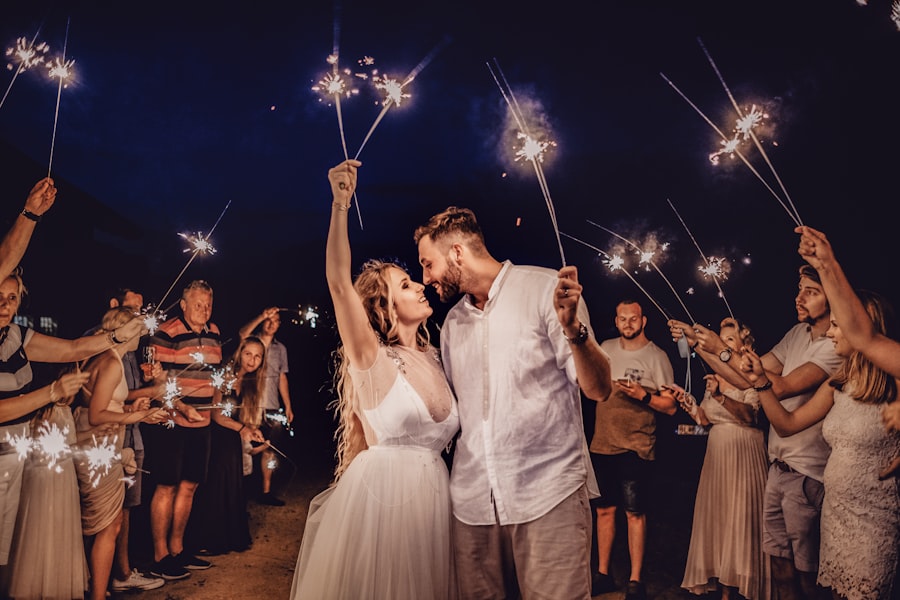As a humanist celebrant, there’s nothing like helping newly engaged couples create their perfect wedding ceremony. If you’re among the many couples engaged over the festive period, you might wonder what comes next, especially if you’re considering a humanist celebration. Let me guide you through those crucial first steps.
Why Choose a Humanist Wedding?
Before diving into the planning, let’s discuss why a humanist ceremony might be right for you. Humanist weddings are deeply personal celebrations that put your relationship story at the heart of proceedings. They’re perfect for couples who want a meaningful, non-religious ceremony that truly reflects who they are, whether you’re non-religious or from different faith backgrounds.
First Steps After Your Engagement
1. Secure Your Celebrant Early
The most crucial advice I can give you is to book your celebrant as soon as you’ve settled on a date. Many of us are booked 12-18 months in advance, especially for peak summer dates. When choosing your celebrant, look for someone who resonates with your personality and vision – you’ll be working closely with them to create your perfect ceremony.
2. Think About Your Venue
Unlike religious weddings, humanist ceremonies can take place anywhere. I’ve conducted ceremonies in woodland glades, art galleries, historic buildings, and couples’ back gardens. Consider what location would be meaningful to you both. Remember that some venues may need separate licenses or permissions for ceremonies.
3. Start Collecting Ideas
Begin gathering thoughts about what makes your relationship special. What stories do you love telling about yourselves? What values do you share? These elements will help your celebrant craft a ceremony that’s uniquely yours. Start a shared document or folder to add ideas, quotes, or musical pieces that resonate with you.
4. Consider Your Ceremony Elements
Humanist weddings offer incredible flexibility. You might want to include:
- Personal vows (which I can help you write)
- Symbolic rituals like handfasting or sand ceremonies
- Readings from literature, poetry, or philosophy
- Musical interludes
- Contributions from family members or friends
What to Expect When Meeting Your Celebrant
When we first meet, we’ll discuss:
- Your vision for the ceremony
- Your story as a couple
- Are there any specific elements you’d like to include
- The tone you’re hoping to achieve
- Practical considerations about the venue and timing
Legal Requirements
Remember that in some regions, you may need to arrange a separate legal registration of your marriage. I can advise you on the requirements for your area and help you plan how to incorporate both the legal and ceremonial aspects of your wedding.
Time Is On Your Side
While securing key suppliers early is essential, don’t feel pressured to make all decisions immediately. The joy of a humanist ceremony is that it evolves as we work together, often becoming more meaningful as you reflect on what matters most to you both.
Next Steps
- Research humanist celebrants in your area
- Schedule initial video calls with 2-3 celebrants to find the right fit
- Once you’ve chosen your celebrant, secure your date with a deposit
- Begin the exciting journey of creating your perfect ceremony
Remember, your wedding ceremony should be as unique as your relationship. As your celebrant, I’m here to guide you through every step, ensuring your day reflects who you are as a couple.
Get in Touch
Most celebrants offer free, no-obligation initial consultations if you’d like to discuss your wedding plans or learn more about humanist ceremonies. Take that first step toward creating a wedding ceremony that perfectly captures your love story.

